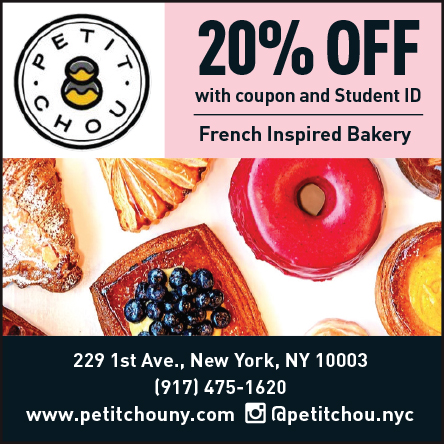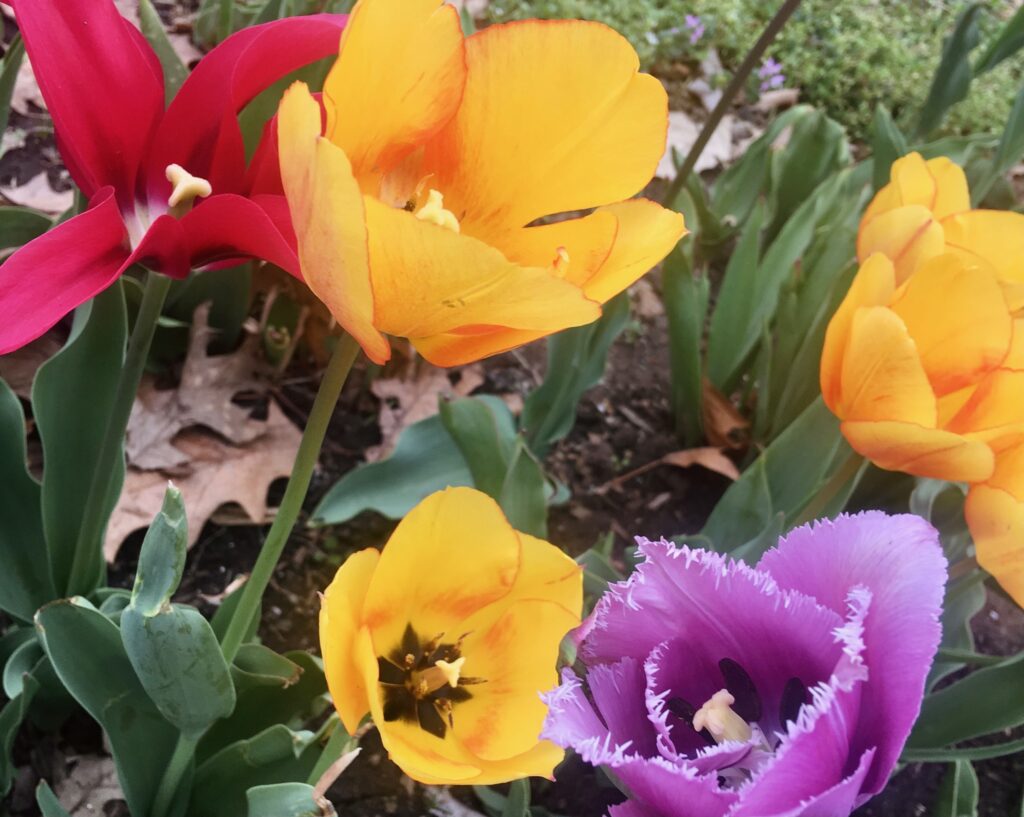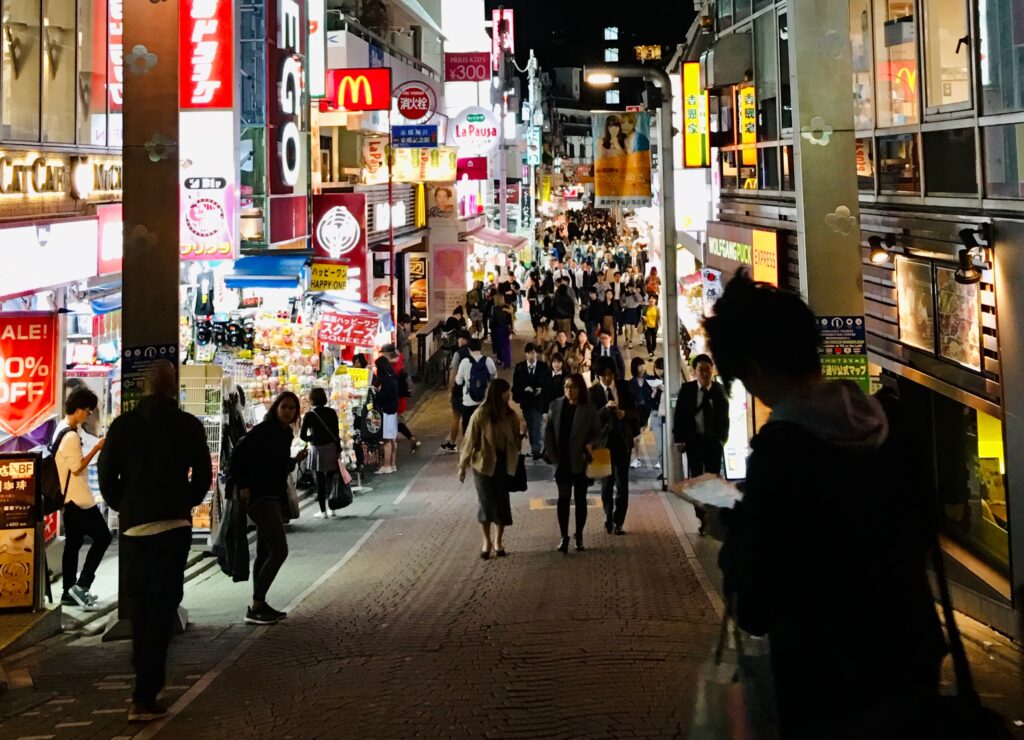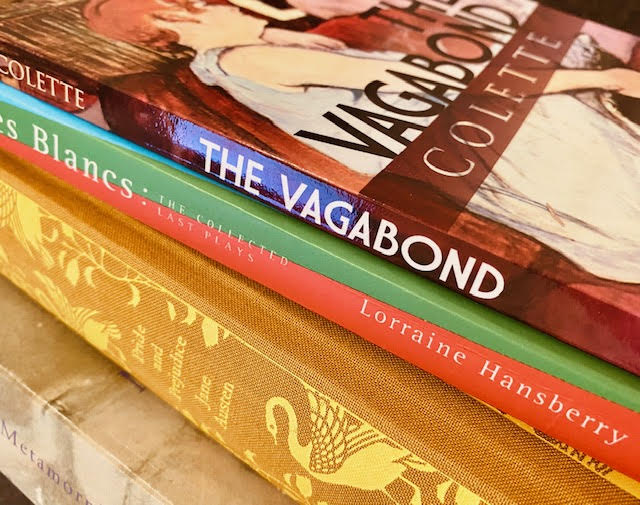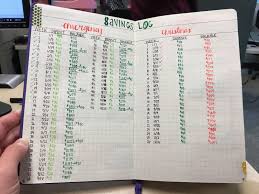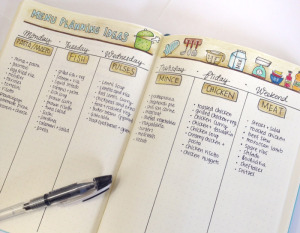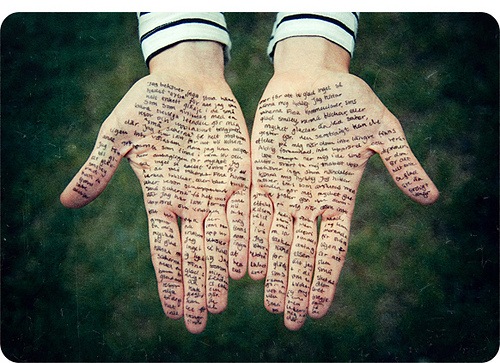I’ve written about how I’ve had my dream—my dream of being a writer—since I was a child. Words have always flowed through my mind, my veins, and my heart… They’re what I’ve chosen to dedicate my life to. When someone has allotted so much time and energy to something they love, one might believe that they have all the confidence in the world. In reality, this isn’t quite true. If anything, loving something with all your heart can create uncountable pockets of self-doubt. A bitter feeling creeps up through unseen cracks, planting little seeds that sprout before you even begin to notice them. I’ve spent a lot of time wondering if I’m good enough, talented enough, or worthy enough to wield a pen. When something is important to you, there is a kind of ever-present mounting pressure to do it right—to do it perfectly.
So, how does one deal with this? I can’t say I precisely have the answers, but my years in college have taught me a simple lesson: be kind to yourself. Looking back, I realise now that I wasn’t helping myself by being harsh on my own work. If anything, I held myself back; by feeding my own uncertainty, I kept myself from doing what I loved. I worried myself into a kind of lull, a complacency, that kept me stagnant. It was here that I lay in a pool of self-made dread. I was waiting every day for a sign to keep writing– a sign that I should keep writing. I wanted to—an ache in my bones made me feel like I needed to—but I kept this desire dormant because of my lack of confidence. It didn’t matter that I got positive feedback on my work. It didn’t matter that I was encouraged to keep going. I simply kept telling myself that it wasn’t true and that I needed to prove something more.
What I didn’t need was an external sign. I didn’t need to hear someone else’s validation. What I needed, simply, was kindness for myself. I needed to believe in my abilities and explore my writing freely. Discovering how to be gentle with yourself and your aspirations allows you to breathe. It allows you to be yourself.
It is easy to say things such as “just do it.” We can think that, but sometimes we just don’t feel it. That’s alright; even though I am still harsh on my work, I hold onto the kernel of love—of passion—that inspired me to start writing in the first place. I remember what drove me to dedicate myself to my craft and grasp it with all my strength. When I remember these roots, they become a shining light… A beacon of sorts. They guide me back to my childish wonder, back to a time when I didn’t worry about the judgement of others (or the judgement of myself). Instead, I remember being held by the hands of characters who were my friends and realise that I want to create stories for little girls that want to see themselves in the books they read. And suddenly, when I am snapped back into my adult body, I rest easier in my bones. I let out a sigh, pick up a pen, and try to scribble a little something just for myself. Not for the world—just me and my own passions.
It is here that I emphasise the importance of creating for yourself. As we grow older, our passions become subject to more and more eyes. This wears down on you, makes you self-conscious, and makes you wonder what your place in the world is. But in returning to yourself, to who you are to you, you can find solace and inspiration once again.
By: Ehani Schneiderman
Ehani Schneiderman is a senior studying literature and anthropology at The New School. She hopes to connect with others through writing, poetry, and cultural exchange. When she isn’t nose deep in a book or word document, you can find her paddle boarding in a bay or scuba diving out at sea.
For over 20 years, the Campus Clipper has been offering awesome student discounts in NYC, from the East Side to Greenwich Village. Along with inspiration, the company offers students a special coupon booklet and the Official Student Guide, which encourages them to discover new places in the city and save money on food, clothing, and services. At the Campus Clipper, not only do we help our interns learn new skills, make money, and create wonderful e-books, we give them a platform to teach others. Check our website for more student savings and watch our YouTube video showing off some of New York City’s finest students during the Welcome Week of 2015.





